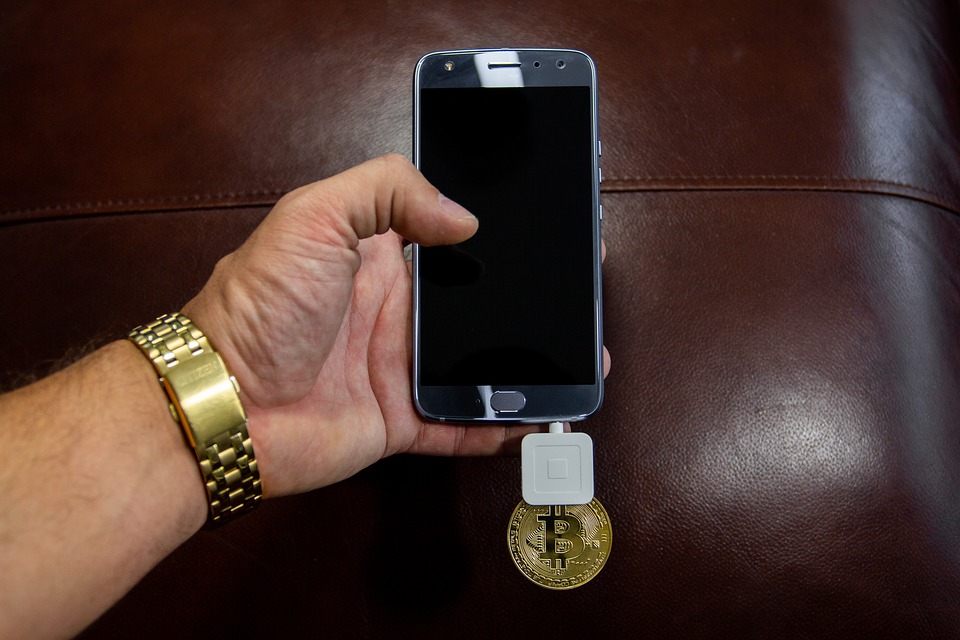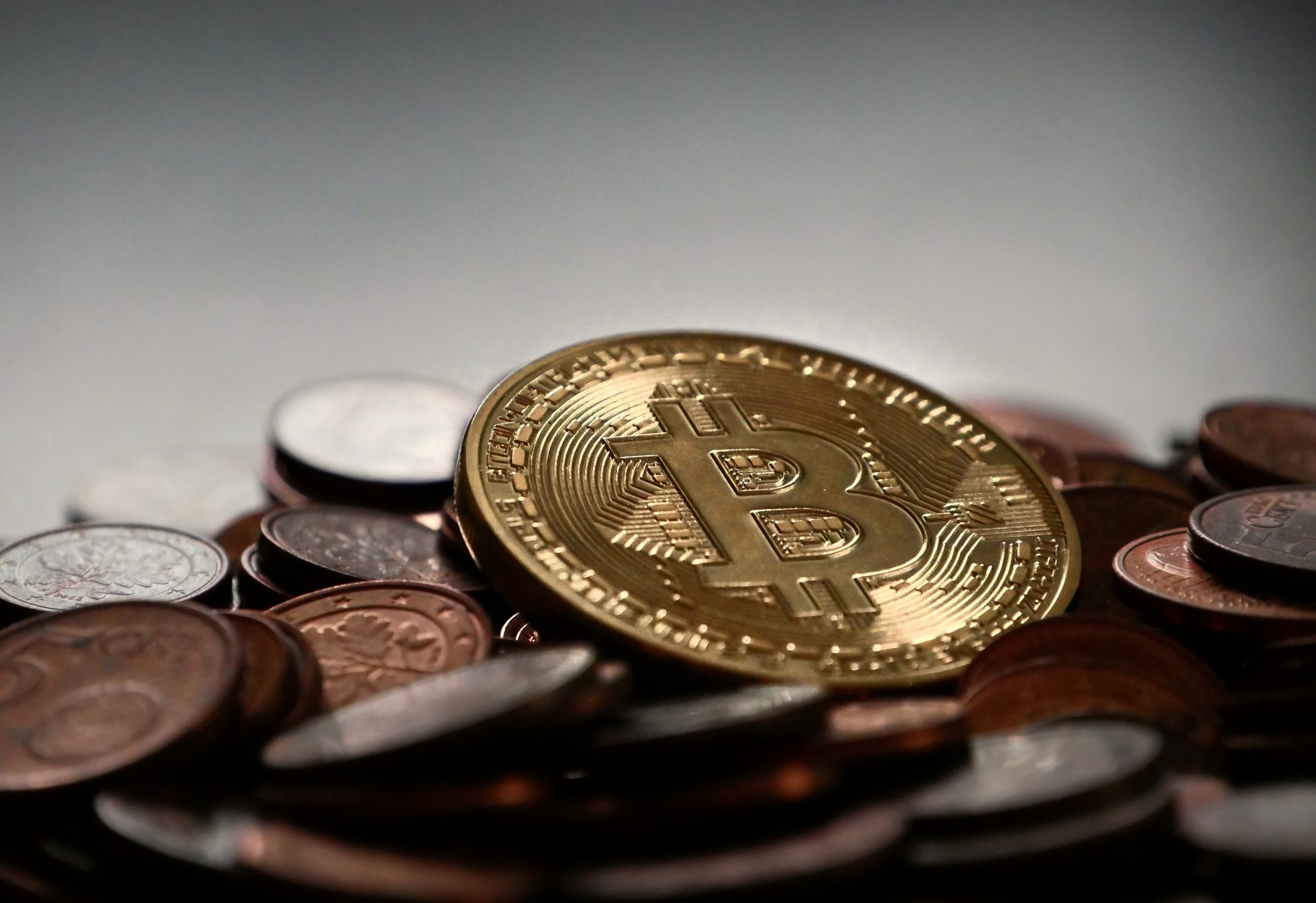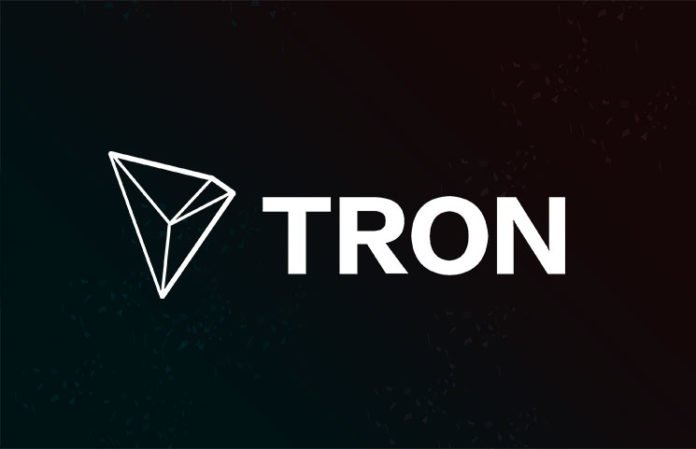
2019-3-20 16:49 |
Crime isn’t supposed to pay, but sometimes the wages of sin are paid in bitcoin. Last week, Japanese police reported that 2018 saw a tenfold increase of cryptocurrency money laundering. In 2017, Japan’s National Police Agency discovered fewer than 700 instances of crypto money laundering. Last year, they found more than 7,000 cases. What is it about this new asset class, which is enabled by blockchain distributed ledger technology, that makes it so appealing to criminals? And what can be done to keep cryptocurrency clean?
Cryptocurrencies present the world with a radically new way of thinking about value. As a rule, there’s no central issuer like a mint, no printed bills or stamped coins, and no government affiliation. Given these radical differences from traditional money and cryptocurrency advocates’ concerns about institutions and centralization, some uncontroversial and long-established aspects of traditional finance have proven unpopular in the crypto world. One of the most important disputes, and the most central to stopping crime, is over anti-money laundering (AML) and know-your-customer (KYC) regulations.
In addition to stymying money laundering, KYC/AML rules help combat illegal drug trade, halt terrorist financing, and prevent trafficking. Outside observers are sometimes surprised that such measures inspire resistance from the cryptocurrency world, but many of the technology’s earliest adopters believed in full anonymity as a principle. Though absolute anonymity may have a theoretical appeal for some, it may cause more problems than it solves. When cryptocurrency exchanges are hacked, anonymity protects the perpetrators. When the Mt. Gox exchange was hacked in 2014, the hundreds of millions of dollars of “lost” money could be traced to accounts, but those accounts could not be linked to individuals. Similarly, while anonymity can permit bad actors to execute money laundering, it makes price manipulation via pump-and-dump schemes far simpler. By making these activities possible, anonymity contributes to cryptocurrency’s notorious volatility and makes it that much less likely that digital currencies will become stable stores of value.
Contrary to some arguments, KYC and AML are not “centralizing” forces that corrupt the blockchain. Rather, they will lead to greater decentralization by inspiring greater faith in the network and encouraging new participants in blockchain technology. The blockchain community can be fractious, but if there’s one thing almost universally agreed upon, it’s that major financial institutions will shortly enter the market. The largest banks and financial firms, many of them centuries old, might be persuaded to invest in volatile assets, but they’re far more reluctant to stake claims in sectors considered legally suspect. KYC and AML eliminate a substantial barrier to entry; their implementation could bring greater and safer investment to blockchain technology.
Roughly half the world’s population currently uses banking services; as developing economies emerge onto the world stage, the number of bank users will only grow. As globalization progresses, this newly banked population will cross oceans and borders, further increasing the already high demand for remittance payments and international money transfers. AML and KYC protocols enable banks to confidently invest in cryptocurrency and encourage their customers to do the same, thus opening cryptocurrency to half the world’s population. Even the unbanked may benefit: bank involvement in cryptocurrency will inspire more robust infrastructure and more accessible interfaces for cryptocurrency trades, which might allow the unbanked to make their first investments and establish their financial reputations, so long as they have a cell phone and access to the internet.
Much of the international monetary framework rests on 40-year-old protocols and standards like SWIFT; there are periodic updates, upgrades, and adjustments, yet the system remains far slower than might be expected for one of the economic engines of the contemporary world. Cryptocurrencies are less than a quarter of SWIFT’s age, but in the single decade they have existed, their speed, infrastructure, reliability and versatility have all experienced incredible growth and surpassed many of SWIFT’s capabilities. With proper KYC and AML, there’s every chance that cryptocurrencies could be used to transfer payments more quickly, securely and reliably than today; cryptocurrency could become an essential underpinning of the world financial system.
The rapid maturation of cryptocurrency — in 10 years, it has grown from a hypothetical on an obscure internet mailing list to a multi-billion dollar industry — has made legislators and regulators around the world take notice. All over the world, officials, many of whom lack tech experience, are beginning to craft and enforce cryptocurrency rules. In the United States, for example, the Securities and Exchange Commission has labeled blockchain and cryptocurrency a 2019 priority. Many other economic powerhouses have issued similar plans. With officialdom taking action, cryptocurrency should make the strategic decision to proactively implement the protections they expect to be codified. By working with legislators, rather than against them, they can ensure that eventual rulings are to the mutual benefit of industry and society.
Cryptocurrencies will not uniformly integrate KYC/AML by tomorrow or next week, but if there’s anything that blockchain technology’s first decade has taught, it’s that the technology moves faster than expected or predicted. We may not know what exactly the future holds, or when precisely it might arrive, but there can be no doubt that cryptocurrency’s future holds greater scrutiny, more reliability, far more adoption and far fewer crimes.
This is a guest post by Michael Ou, CEO of CoolBitX. Opinions expressed are entirely his own and do not necessarily reflect those of BTC Inc or Bitcoin Magazine.
This article originally appeared on Bitcoin Magazine.
origin »Bitcoin price in Telegram @btc_price_every_hour
Money ($$$) íà Currencies.ru
|
|

























